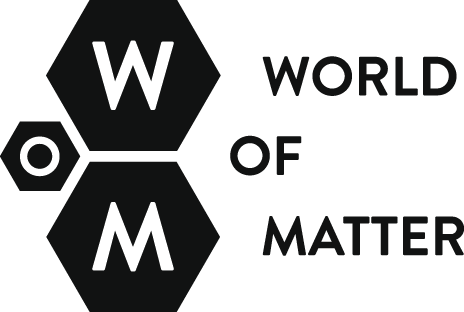Fishery in Mauritania
Artist/Author: Ursula Biemann
Mauritania is a desert state where endless sand dunes extend all the way to the shoreline. Apart from iron ore and potential fossil fuel, the country’s only other resource is fish, particularly octopus. The waters off the Mauritanian coast are among the richest fishing grounds in the world, renowned for their fine cephalopods. Commercial and national fleet from China, Japan, Russia and Ukraine come to fish there. Sid’Ahmed Ould Abeid, president of the national fishing association, regards the loss of local revenues due to massive fishing by licensed industrial trawlers in the exclusive economic zone as a future migration cause for Mauritanians.
The European Union creates pressure to maintain a high fishing quota regardless of the diminishing numbers of fragile species. Using the menace of unleashing a troupe of white-coated veterinarians to scrutinize conformity to its hygiene norms and the threat of closing down port facilities, the EU secures licenses which bypass Mauritanian laws specifying that the fish be processed in local plants, generating jobs and surplus value for the Mauritanians. When this unique resource has been exhausted and the local fishery destroyed, people will have no choice but to turn to migration for survival. Migration boats are already full of Senegalese fishermen whose existential base has been exhausted in this way. When the EU looks for solutions to stem migration flows from the south, one of the things to consider is its aggressive strategies for resource procurement in Africa. However, what we are more likely to encounter are not self-critical revisions of post-colonial relations, but signs of an intensive EU collaboration with the Saharan states in matters of control and surveillance technologies.


